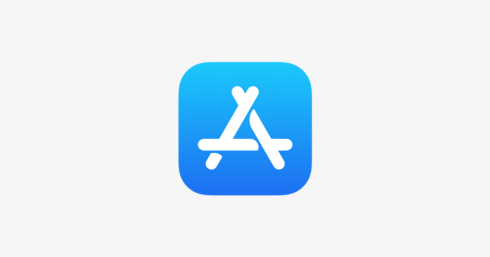
Apple’s privacy labels for apps in the App Store are now live. According to the company, users will be able to better understand an app’s privacy practices before downloading it.
The information must provide what type of data types an app collects, and whether that data is then used to track them. Developers can update their answers without needing to resubmit their app or going through App Review again, according to Apple in a post.
Apple reminds developers that if the practices surrounding the app change regarding how data is gathered they should update their responses in Apps Store Connect shortly.
Nexus 1.0 released
Nexus 1.0 is a major release that improves how developers can build code-first and type-safe GraphQL APIs.
With a code-first approach, Nexus gets rid of the need to keep a separate schema and set of resolvers and instead these are written in the same spot using code. This provides other benefits such as SDL and type generation as well as no need for extra tooling, according to the team.
“With Nexus, our schema and its resolvers are always defined together. Nexus also allows us to write everything in a common language. This allows us to side-step the co-location/context switching issue altogether and helps us to be more productive, even as our applications grow to be quite large,” Ryan Chenkie, a GraphQL Devrel at Prisma wrote in a blog post.
SensiML analytics community edition toolkit
The Analytics Toolkit now has a new, zero-cost version of its SensiML Analytics Toolkit called “Community Edition,” which IoT developers can develop, prototype and evaluate AI functionality.
“The possibilities enabled by transforming the connected Internet of Things into intelligent IoT is bound to be game-changing for the forward-thinking companies who recognize that trend and move quickly to use AI to differentiate their IoT products,” said Chris Rogers, the chief executive officer of SensiML. “To support this wave of innovation, we’ve introduced the Community Edition of our SensiML Analytics Toolkit – made expressly for those leading the charge.”
The free version has all of the core functionalities of the paid-tier versions, except with limits suited for low-volume experimentation and proof-of-concepts.
Instana ARM-based host support for monitoring and tracing PHP services introduced
Instana added ARM-based host support for the monitoring and tracing of PHP services on AWS Gravitation2.
The solution monitors infrastructure and application performance that includes deep code visibility. It captures a trace of every request and profiles every process, according to Instana in a post.
“The continued evolution of Cloud infrastructure and platforms requires tooling for Dev and Ops teams to keep up,” said Chris Farrell, the director and APM strategist at Instana. “More than just performance metrics, Instana’s new PHP monitoring and tracing sensor for AWS Graviton2 delivers the observability DevOps requires to manage mission critical applications.”
Mozilla’s vision for trustworthy AI
Mozilla outlined its commitment to providing trustworthy AI through its final release of a paper titled “Creating Trustworthy AI” that serves as an action plan for how the company and others can make the tech a reality.
It outlined the eight biggest challenges in AI including things like bias; privacy; transparency; security; centralization of AI power in the hands of a few big tech companies, and more.
With the two trends of increased consumer privacy and the growth of AI coexisting, those creating AI will need to find a way to respect the wishes of consumers while still being able to feed AI enough data to function properly and without biases.
More details on the final version of this paper are outlined here.






